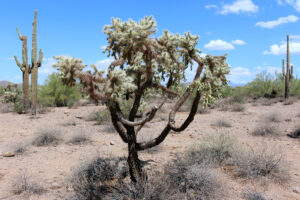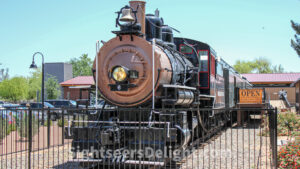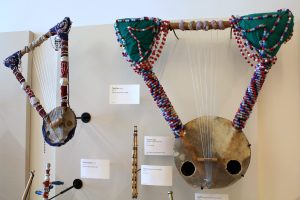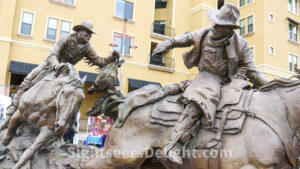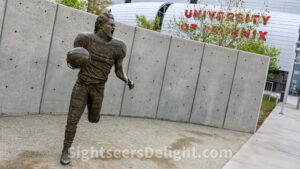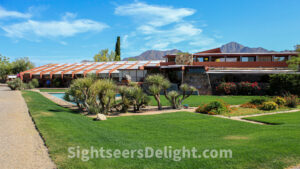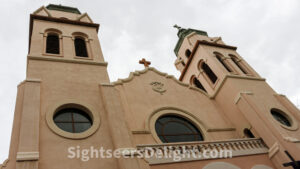The 320-acre Lost Dutchman State Park is located near the Superstition Mountains about 40 miles east of Phoenix. The park was first developed as a day use recreation area by the Bureau of Land Management in 1972 and is named for the famed lost gold mine.
85119
85250
This 200,000-square-foot, $250 million museum museum opened in April 2010. Its collection is astounding, bringing together more than 15,000 instruments from 200-plus countries under one roof. But, these are not just static displays. To bring the instruments to life, the museum uses a combination of wireless technology and high-resolution videos. When a museum guest approaches a video screen, they can listen to and watch the instruments in action, played by true artisans who can bring them to life.
85050
85305
The Museum traces its origins to October 1993. The original small museum in the city’s historic city hall has today blossomed to a more robust museum located in the same building. Open to the public without charge, the museum features a number of exhibits that interpret the city’s law enforcement history. One of the more unique exhibits is the jail rock with leg shackles attached to it. Dating to the 1860s, the jail rock was used to detain lawbreakers in the days before the city had a proper jail. Another particularly poignant display is the Memorial Room. The memorial honors the Phoenix police officers killed in the line of duty.
85003
By the 1930s, when Frank Lloyd Wright and the Taliesin Fellowship began trekking west for the winter, Wright was an established architect. Taliesin West served as the winter home and school for Wright from 1937 until his death in 1959 at the age of 91. The complex drew its name from Taliesin, in Spring Green, Wisc., which served as a summer home for Wright.
85259
The Church of the Immaculate Conception of the Blessed Virgin Mary, also called St. Mary’s Basilica, is the oldest Catholic parish and the second oldest church in Phoenix. Between 1872 and 1881, Catholic priests from Florence, Arizona, would travel by buggy every three months to perform the liturgy. The building was constructed between 1902 and 1914, blending the Mission Revival and Spanish Colonial Revival architectural styles. It was officially dedicated in 1915 and replaced an earlier adobe church built in 1881 when the parish was founded. Starting in 1895, Franciscan Friars staffed the parish. Until 1924, it was the only Catholic parish in Phoenix. On September 6, 1976, the Arizona Historical Society named St. Mary’s an historic site. About a decade later, in 1985, Pope John Paul II elevated the church to a minor basilica.
85004

